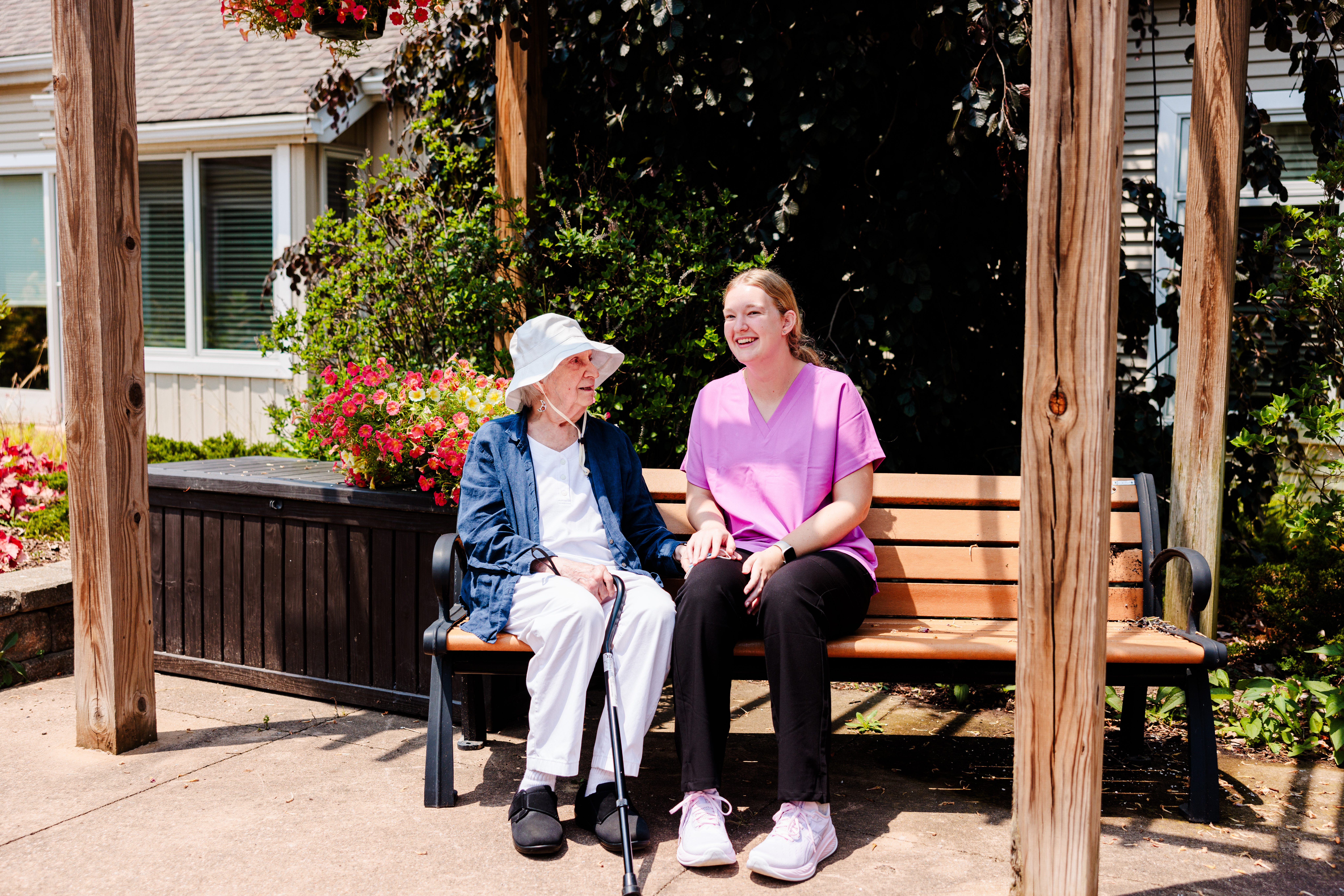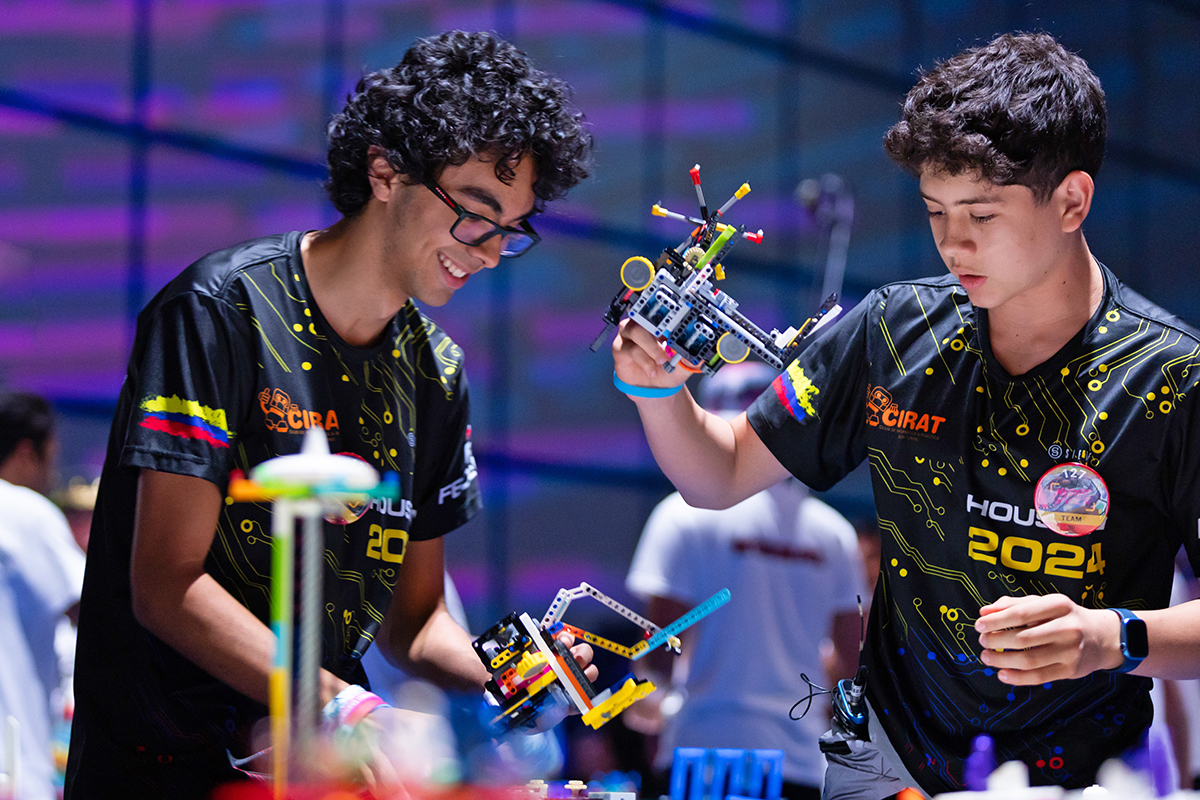Best Doctors 2011: Dr. Rita Cydulka
by Jennifer Keirn | Feb. 16, 2011 | 5:00 AM
It was one of those really cold winter nights, the kind when wind chills dip below zero. Things were busy in the emergency department, as they always are, with plenty of traumas and lots of flu cases.
Around 2 a.m., EMS brought in a teenage girl, accompanied by her mother. The girl was wearing fleece pajamas that were soaked through with blood. She had called 911 with vaginal bleeding but didn't tell the paramedics anything more.
We frequently find ourselves playing detective in emergency medicine with patients who aren't entirely honest or accurate. I often remind myself, When something doesn't make sense, you're missing information.
This was one of those cases. As we assessed the girl and asked questions about her medical history, the demeanor of the girl and her mother made it clear that they were leaving out key information about her condition.
With some prodding, the girl began to open up. She admitted that she thought she'd had a miscarriage.
I asked how far along she was. She didn't know. So I directed her to use her hands to show me how big the baby she'd just miscarried had been. The girl brought her hands out in front of her and widened them.
I felt a burst of panic, and my questioning became more insistent: Where was the baby? Was the baby breathing or making noise? What had they done with it?
The girl was in shock emotionally, distraught and crying. She claimed she hadn't known she was pregnant. She'd gotten up in the middle of the night thinking she needed to use the restroom and instead delivered a full-term baby into the toilet. That and the bleeding made her finally go get her mother.
Then they admitted the truth: They'd wrapped the baby in newspaper and put it in a trash can in the garage.
What had started as a relatively routine case immediately became a crisis. Our work took on a sense of urgency. It was a search-and-rescue mission. It was a race against the clock to find the baby, who we hoped had survived despite being in the bitterly cold garage nearly an hour. We called the dispatcher and directed EMS back to the house.
Then it was time to wait. I continued my normal routine, caring for the girl and my other patients. But all of us were on pins and needles. We are rescuers by nature, so the concern that we might be too late to save the baby was unsettling.
Finally, we heard from EMS. They'd found the baby boy exactly where the teen described. He was very cold, but he was alive. The mood immediately turned to celebration, and we literally ran to the resuscitation room to prepare.
When EMS arrived with the newborn, his body temperature was too low for us to even get a reading. The NICU team put him in a warming unit, covered him with warm blankets, administered warm IV fluids and intubated him to help him breathe.
I told the teenager and her mother that the baby had survived. But it didn't seem to register. All of their concern was wrapped up in the girl's condition. In their world, I'm not sure the delivery even happened.
The baby surprised us all by warming right up, and he very quickly was breathing and eating on his own. He was perfect, a beautiful, healthy little boy around 7 pounds. He spent a few days in Metro's NICU then went home with an adoptive family.
Before I left that night, I went up to check on the baby so I could report back to the rest of my team. We all spent another hour or two after our shift in the lounge talking about that incredible night and how all the stars were aligned in just the right way so we could save that baby.
Trending
-
1
-
2
-
3
-
4
-
5










